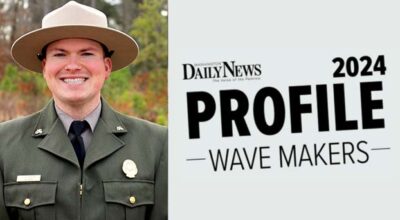FEMA lots could become gardens
Published 12:35 am Saturday, February 9, 2013
Washington’s City Council may find a use for several “FEMA lots” around the city — turning then into community gardens.
Such as discussion is on the council’s tentative agenda for its meeting Monday.
Funds from the Federal Emergency Management Agency were used to purchase the lots, usually found in the 100-year flood plain. The lots in Washington, at least many of them, have a history of being flooded. Instead of repeatedly paying property owners for damages to their properties after floods, earthquakes and other natural disasters, FEMA has a policy that calls for it to buy such lots and to prohibit construction of residential and commercial buildings and permanent structures on the lots. Other uses (such as recreational, gazebos) of the lots are allowed.
John Rodman, the city’s planning and development director, said the city owns about 30 lots, with most of them FEMA lots.
Councilman Doug Mercer said using FEMA lots for community gardens raises some questions such as who will control the gardens, what will be planted in the gardens and who will be responsible for making sure the gardens are kept clean and maintained. Mercer wants more information before taking a position on the proposal.
Mercer noted FEMA lots are scattered throughout the city. He wants to know who makes the decision concerning which lots are used for gardens and who gets to use the lots.
The lot-buying program is part of FEMA’s mitigation effort “to reduce loss of life and property by lessening the impact of disasters. Mitigation is taking action now — before the next disaster — to reduce human and financial consequences later (analyzing risk, reducing risk, insuring against risk),” according to FEMA’s website.
FEMA’s mitigation strategies help reduce the effects of disasters — and the public’s dependence on taxpayers and the Treasury Department for disaster relief.






